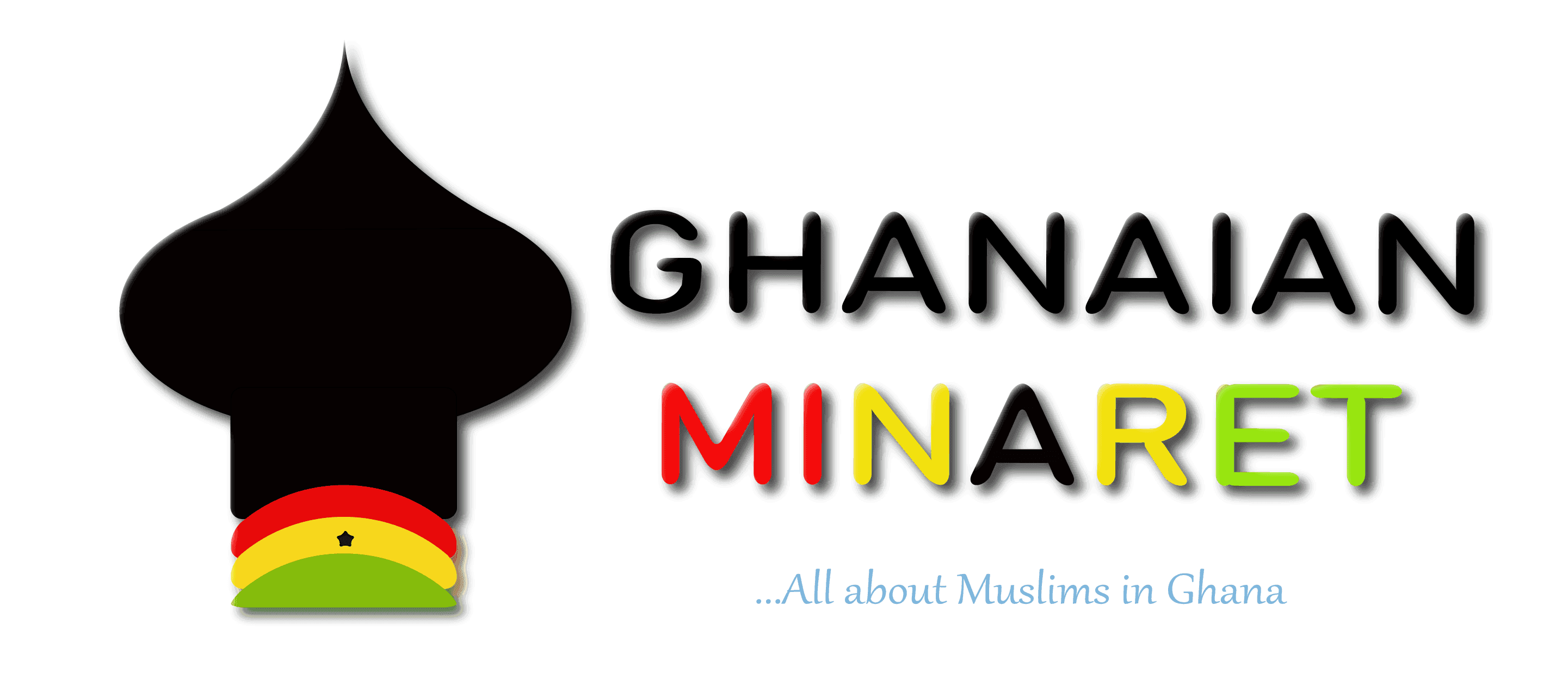The Reflective Mirror of the Ummah’s Reality: Lessons from Hajj for Ghanaian Muslims

Every year, millions of Muslims converge on the holy city of Makkah to fulfil one of the five pillars of Islam—Hajj.
Among them are hundreds of Ghanaians, journeying with hope, prayer, and devotion.
But beyond the spiritual rites, Hajj offers something deeper: a mirror reflecting the state of the global Muslim community—including Ghana’s.
This sacred gathering offers us powerful insights into the unity, challenges, and missed opportunities of our Ummah.
It invites us, as Ghanaian Muslims, to critically examine our practice of Islam beyond rituals and towards meaningful transformation.
One of the most striking features of Hajj is its display of unity in diversity. Ghanaian Muslims—be they Dagombas, Ashantis, Hausas, Ga-Dangbes or Ewes—stand shoulder to shoulder with believers from every corner of the world.
In that sacred space, all worldly distinctions vanish.
Yet, when we return home, this unity often fades. Sectarian disputes, ethnic rivalries, and institutional fragmentation resurface.
The message of Hajj reminds us that our diversity is a strength, not a weakness.
We must bring the harmony of Makkah back into our mosques, our schools, and our communal leadership.
Many pilgrims, including Ghanaians, approach Hajj with great attention to ritual precision—counting circuits of tawaf, repeating prescribed prayers, and fulfilling every step.
While this dedication is commendable, it often overshadows the spiritual transformation Hajj is meant to inspire.
This trend reflects a broader reality within Ghanaian Islam: an emphasis on form over substance.
We recite the Qur’an without reflecting on its meaning, fast without embodying self-discipline, and pray while ignoring injustice.
The essence of worship is not performance but transformation—a message Hajj powerfully delivers.
Today, many Muslims in Ghana are quick to debate minor issues—how to fold hands in prayer, the length of trousers, or the frequency of dhikr. Meanwhile, the larger goals of Islam—justice, compassion, honesty, and social upliftment—are often ignored.
This is not the Islam our Prophet (SAW) preached. He stood against corruption, lifted the oppressed, empowered women, and built unity in a divided society.
The rituals are important, but they are meant to serve a higher purpose: building a just and merciful community.
Hajj invites every Muslim to ask: What kind of believer am I? This call to reflection is especially relevant for Ghanaian Muslims. Are our mosques places of enlightenment or mere ritual centres?
Are our Islamic schools nurturing ethical, visionary youth? Are our communities united, or are they fragmented by ego and tribalism?
To move forward, we must embrace a deeper, value-based Islam. Our scholars must rise above petty debates.
Our leaders must unite for the common good. Our youth must be educated in both knowledge and wisdom.
The return from Hajj is not an end—it is a new beginning. The pilgrim comes back not only purified but also reawakened to Islam’s mission on earth.
If we, as Ghanaian Muslims, internalise the lessons of Hajj, our communities can become beacons of peace, justice, and spiritual growth.
Let us not perform Hajj yearly while forgetting its message daily. Let the spirit of Makkah inspire change from Accra to Tamale, from our mosques to our markets.
The writer is the Deputy Imam of the Ghana Police Mosque, Registrar of the Islamic Nursing Training School, and a doctoral candidate in Development Education at the University of Ghana.
Join our whatsapp channel for all the latest updates.
For news coverage, article publication, and advertisement, send an email to ghanaianminaret@gmail.com or reach us via whatsapp, telegram or phone call on +233266666773.

